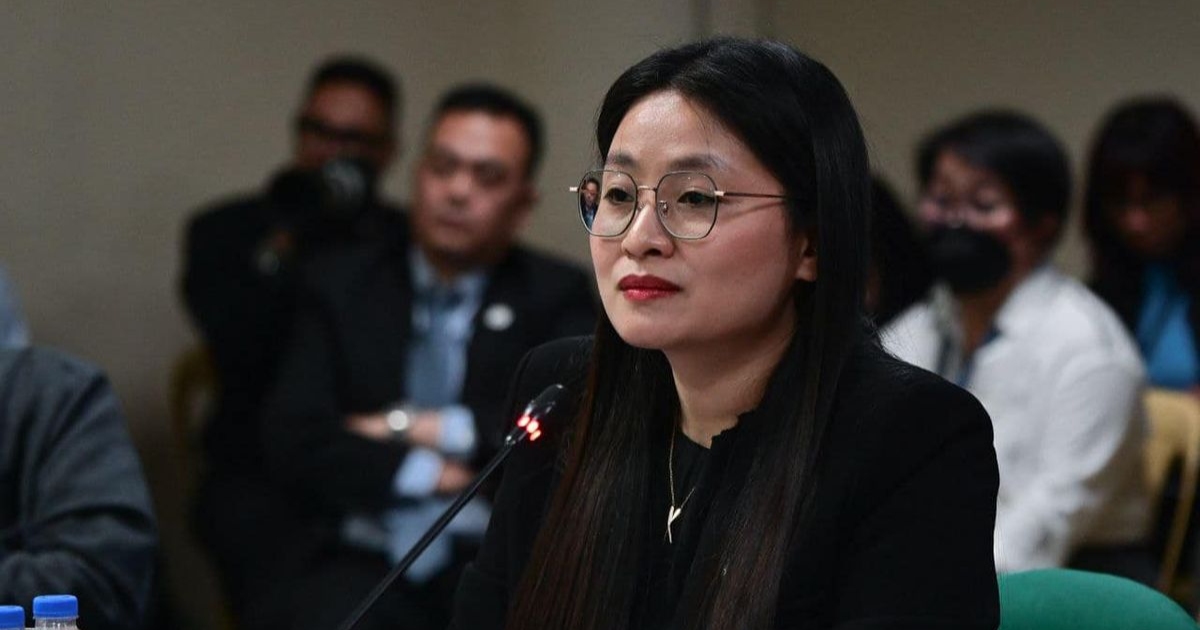Our distrust towards China is no excuse for Sinophobia
Every week, PhilSTAR L!fe explores issues and topics from the perspectives of different age groups, encouraging healthy but meaningful conversations on why they matter. This is Generations by our Gen Z columnist Angel Martinez.
As soon as news of the orchestrated TikTok ban broke out in the United States, Americans frantically scrambled to find a new home. And despite state attempts to undermine public trust in China, they ended up in Xiaohongshu or Red Note, the country’s premier lifestyle app. Users embraced these self-proclaimed “refugees” with open arms, briefing them on the latest slang, sending selfies, and even asking for homework help like they were all in one big family groupchat.
Seeing this wholesome, welcoming cultural exchange gave me a severe case of whiplash, as a Filipino. For as long as I can remember, our relations with China have been strained: embroiled in controversy and always on the verge of a third world war. Topics of contention include but are not limited to territorial disputes over the West Philippine Sea, the influx of Philippine Offshore Gaming Operators (POGOs), and the questions surrounding former Bamban mayor Alice Guo’s citizenship and complicity in criminal activity. Some of us may even be harboring ill feelings towards them to this day because of how the pandemic started. It’s no surprise that OCTA Research’s recent study revealed that 91% of surveyed Filipinos say they distrust China.
Yet, I can’t help but notice that some of us can and will resort to displays of Sinophobia to express our disapproval. Under TikToks exposing Guo, for instance, are comments mocking her accent or mimicking the "choppy" way Chinese people construct their sentences. In video explainers on the WPS geopolitical conflict, angry locals can be found demanding that all members of the Fil-Chi community go back to where they came from—a proclamation that is strikingly similar to that of a man we must never wish to be compared to. Even the most progressive, politically aware people I know will either turn a blind eye to this or worse, share it on their Instagram Stories with a laughing emoji as the caption.

Perhaps racism against the Chinese is so deeply ingrained in our culture that we don’t deem it worthy of a callout. Caroline Hau, professor at Kyoto University’s Center for Southeast Asian Studies, told PhilSTAR L!fe that Sinophobia in the Philippines takes roots in our colonial past, with practices enforced during both the Spanish and American periods determining everything from who counted as "Chinese" and what rights, activities, and opportunities they had access to. “These all contributed to reinforcing the negative stereotyping of the Chinese as economically dominant, politically disloyal, and culturally alien.”
It’s why politicians are so emboldened to declare the Chinese as a “corrupting influence on society,” or why newspaper columnists can demand members of the Tsinoy community to publicly declare their loyalty to the Philippines. On a more micro scale, it’s also why we playfully ask the chinitos and chinitas we know if they can still see or stereotype them as stingy and self-serving. “The internet has played a role in amplifying [these forms] of racism and microaggression, making it easier to vent one’s ill-informed assumptions under the cloak of anonymity,” Hau explained.
Hau also touched on how members of the community have been conditioned to worry about racially motivated discrimination and violence. These aren’t entirely unfounded: “Chinese were specific targets of violence, most notably the massacres during the Spanish period. And during the Cold War era, the government cracked down on radical movements in the Philippines, in a time when communism as an ideology and worldwide movement was viewed as a political threat.”
Maybe for some, Sinophobia serves as a crutch when Chinese influence seems inescapable. When you feel so insignificantly small you can’t stick it to The Man even if you died trying, you might just go for someone who looks like him. But the use of what Hau calls “racially inflected rhetoric” shifts the focus away from the shortcomings of our social institutions and onto individual members of the community, who might actually share our sentiments if we listened to them. Equating one’s Chinese heritage with automatic approval of the mainland’s problematic policies is just the straw man in action.
Before ending this piece, I feel like I have to include a disclaimer for those who might take my words out of context. Chinese government officials, as well as their staunchest supporters, have accused critics of Sinophobia in a last-ditch attempt to discredit their valid arguments. That is not what I’m trying to do. I am in no way absolving the People’s Republic of China of their sins against the Filipino people, or advocating that we back down for the sake of keeping the peace.
What I’d like to say, though, is that we are better than this. I believe that we are capable of directing and channeling our anger towards the right sources; that we can participate in intellectual conversations rather than resort to ruthless ad hominem attacks. Our points land harder when we know how to stick to the issue at hand, and our politics become more effective when we practice what we preach.
Generations by Angel Martinez appears weekly at PhilSTAR L!fe.



